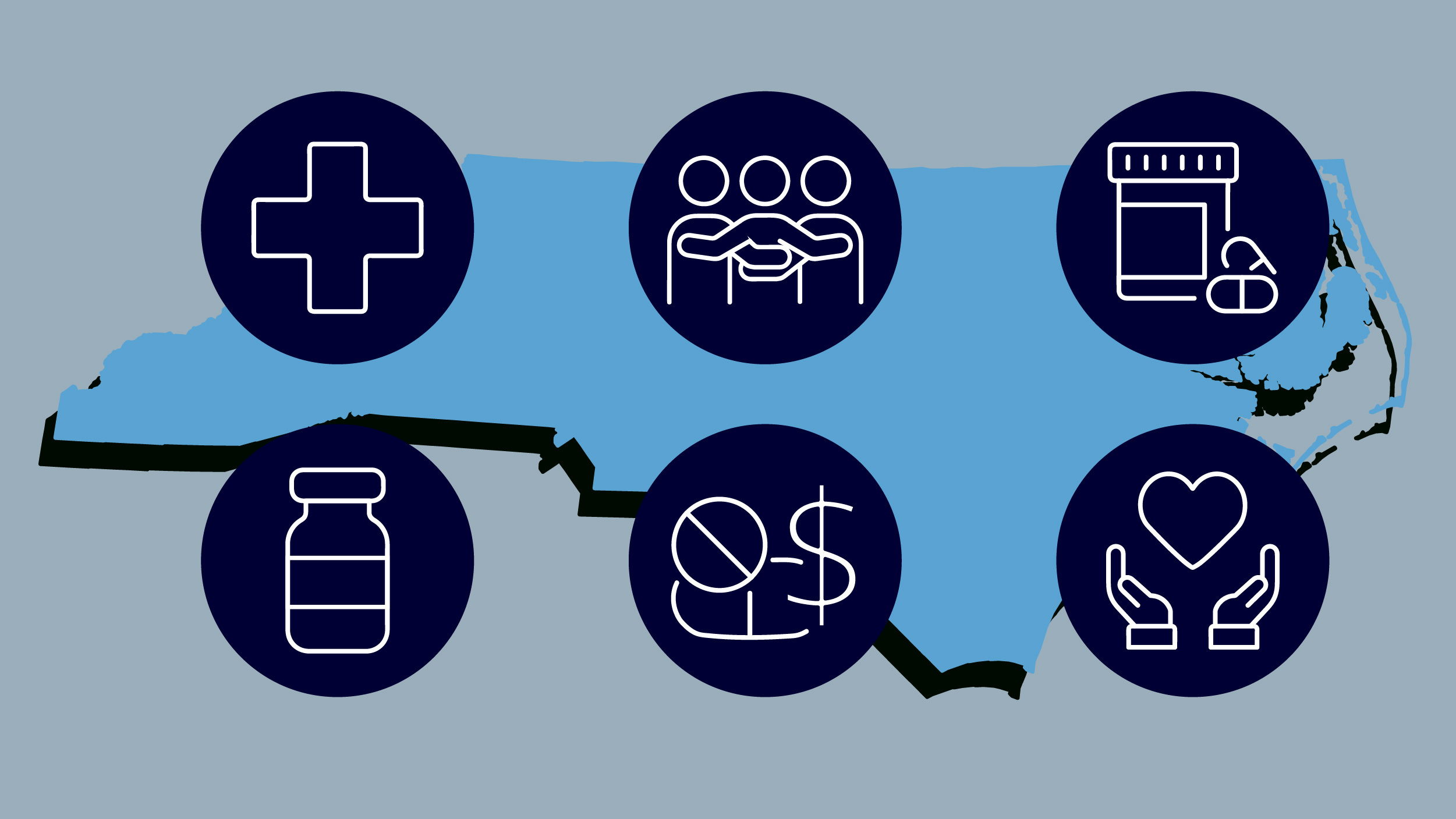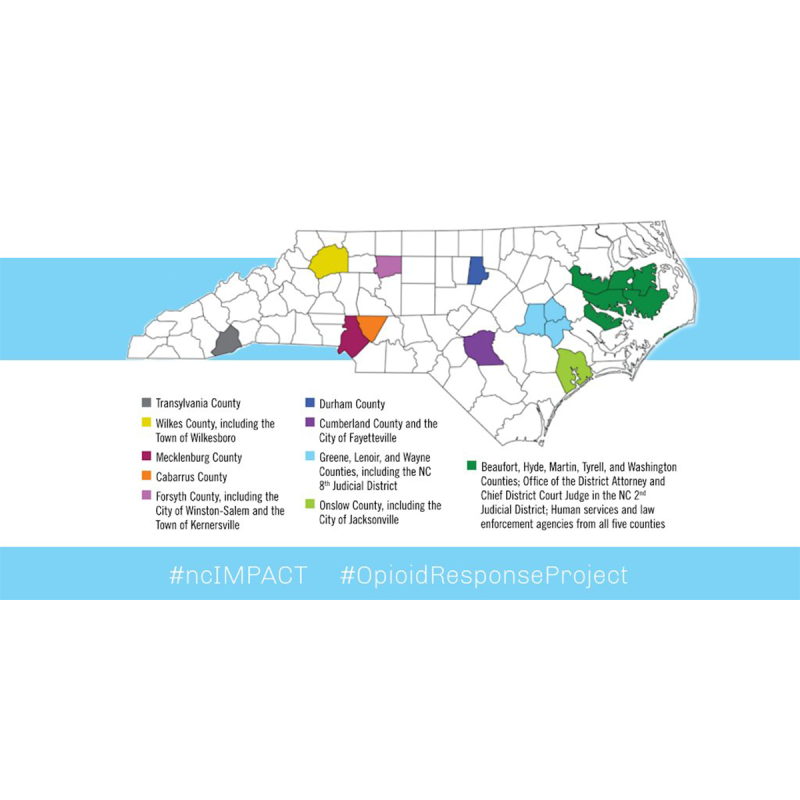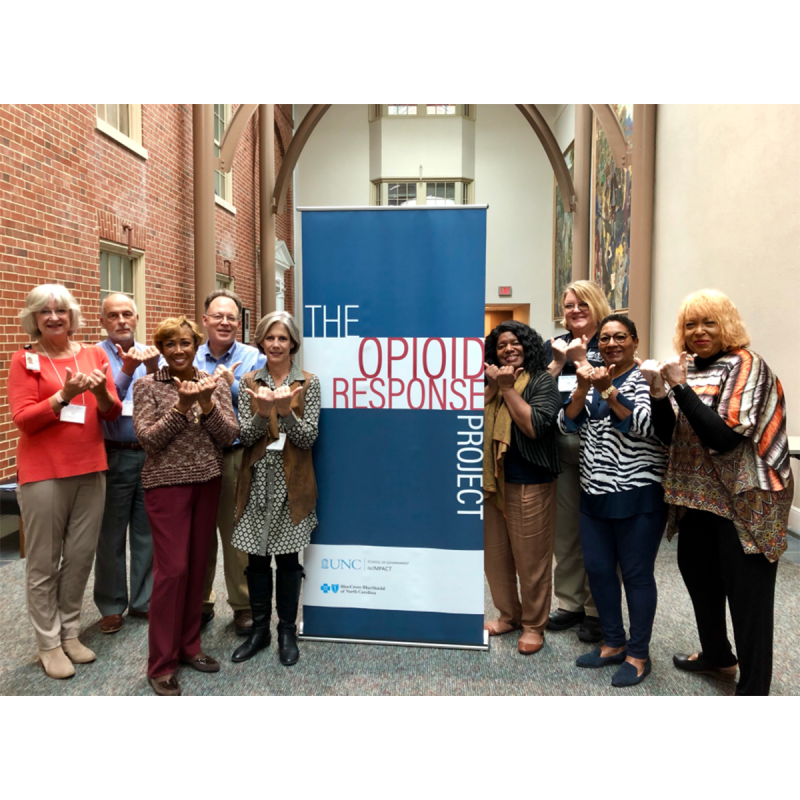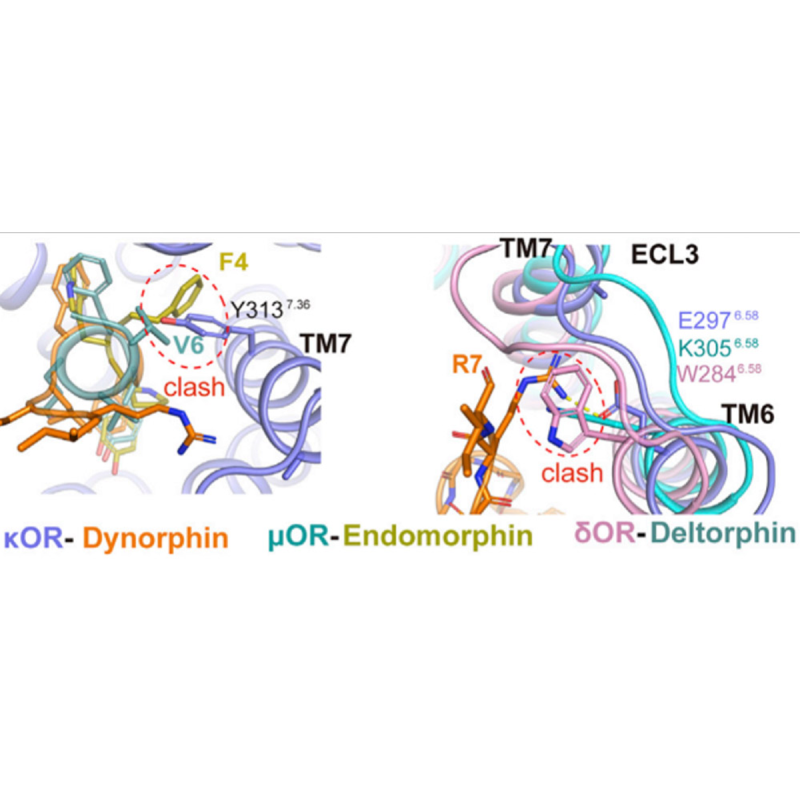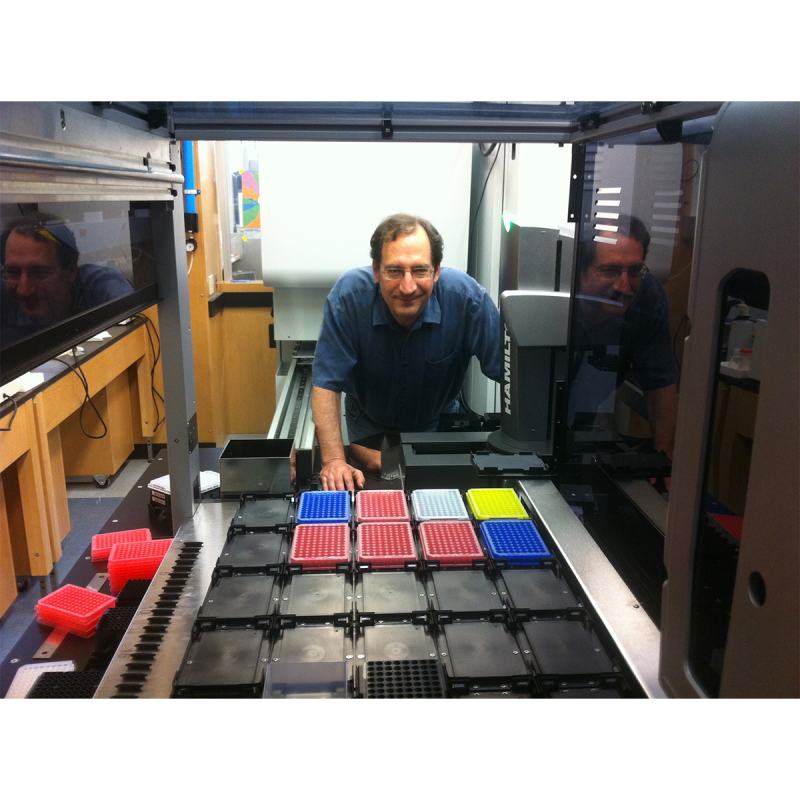As communities receive payments from the National Opioid Settlement and other lawsuits, UNC Kenan-Flagler Business School’s Center for the Business of Health is developing an adaptable playbook to help state, municipal and local governments spend the money effectively.
North Carolina has received about $98 million in settlement funds of the nearly $1.4 billion coming to its communities through 2038.
The center and Acadia Healthcare are conducting research to develop the playbook by reviewing the epidemic’s impact and analyzing the possible results of untested or under-researched abatement strategies and prevention measures through economic analysis and qualitative immersive experiences with communities throughout North Carolina.
